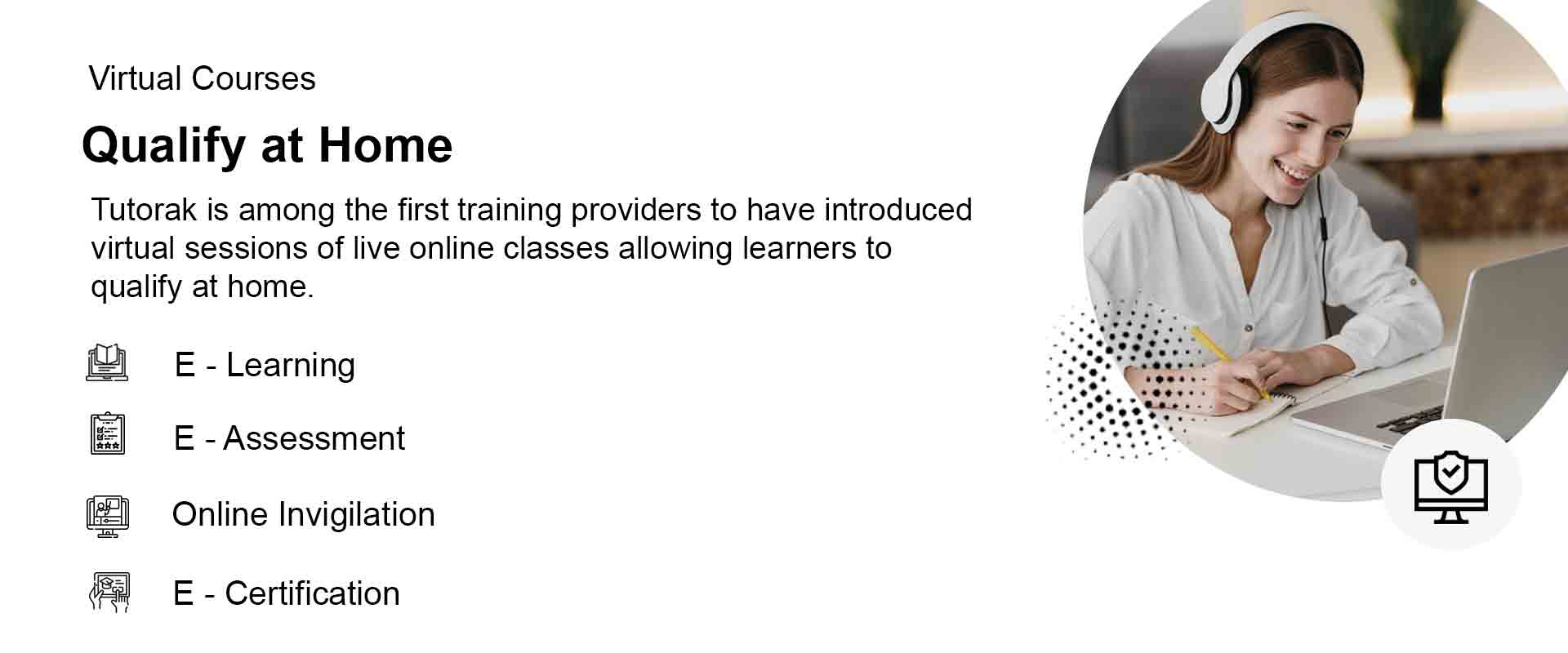December 15, 2020
Changing Outlook of Employers and The Demand for Specific Skillsets
When relatively young professionals who have started their careers recently ask me about courses or programs they should join, I tell them that the most suitable training programs are largely dependent on their career goals. About a decade ago, in all probability, I would have told them that a master’s degree especially an MBA would serve their interests very well.
However, after the developments in the recent past, I do not consider it to be as important as it used to be.
In the present scenario prevailing in most market sectors, the best advice that any career counselor or guide can provide young professionals is to decide on a career path as soon as possible and then find out about all the necessary certifications and courses in the selected field. Completing these certifications or training programs is the most obvious way forward.
Over the years, the most prominent change in the preferences of employers is that they have understood the value of professionals with a specific qualification as well as a set of skills- and that is what they demand.
For instance, a project manager who has been certified as a Project Management Professionals (PMP) or a financial analyst who has completed the Chartered Financial Analyst course would be the obvious first choice of employers for relevant positions.
Continuing Professional Development (CPD), which is the set of all learning activities in which professionals can participate to enhance their existing skillsets and ensure their professional development has also become crucial in the eyes of most employers.
When we take into account the disruptive technologies that have come up in the last decade, we can say that coding skills required for the development of an app seem to be more crucial and relevant when compared to, for instance, abilities of general management if an organization wants their business to continue thriving in the current business landscape.
If an organization wants to continue being innovative, then it must focus on the training of its employees towards becoming programming as well as digital natives.
The emphasis on technology doesn’t imply that general management skills will lose their significance. Human resources along with organization development professionals will always want line managers to continue improving and updating their management skills.
In the present scenario, the availability of budget and time has made things significantly more challenging. A few years back, professionals could take time off and study for a master’s degree or an MBA. However, this approach is not acceptable anymore.
These days, attaining professional development with the help of short courses is the practical way for managers and other professionals to continue working while simultaneously updating and honing their skillsets.
Professionals aren’t required to commit to a prolonged time frame, and they have the option of selecting gaps in their skillsets which they want to fill up and develop further. Availability of comprehensive CPD learning activities in specific areas of their discipline or even generalized soft skills makes things even more convenient.
At the same time, professionals can opt for Structured Learning Experiences (SLEs) by participating in CPD workshops. These CPD learning activities have proven to be particularly effective when it comes to retention of the skills taught or the knowledge imparted. However, the importance of selecting the most useful and relevant courses is always going to be essential.
It is safe to say that short-term courses and training programs are the ideal solutions to many issues related to the continuing education of professionals. Several CPD providers as well as employers understand this and offer viable CPD learning activities for the short-term.




























 Contact
Contact